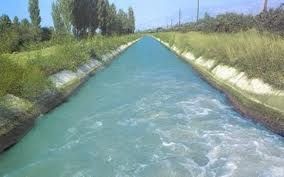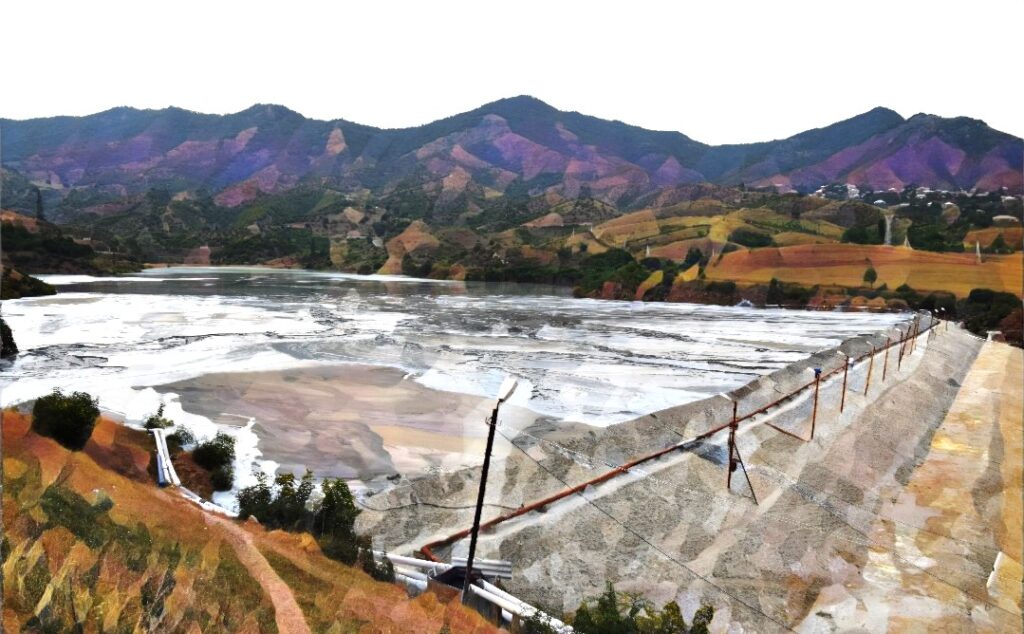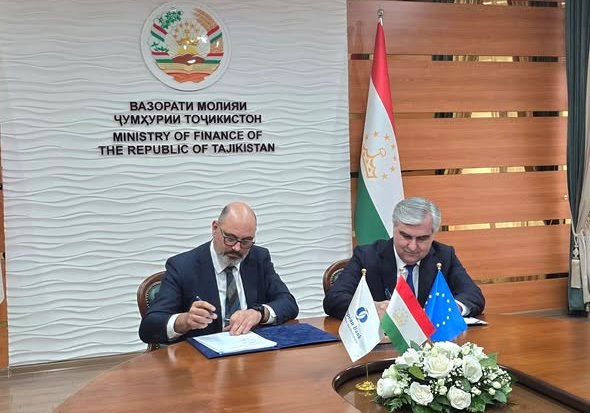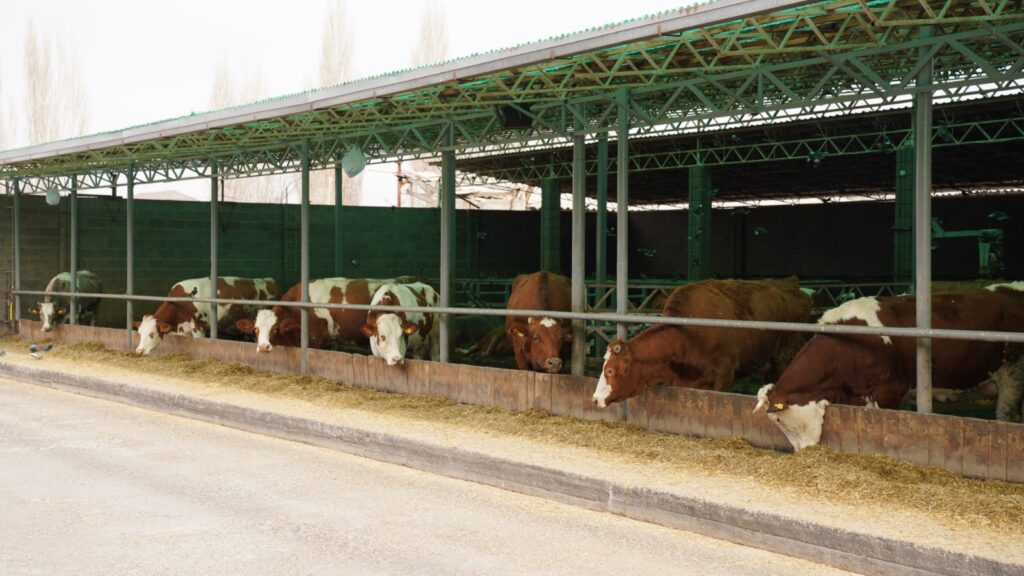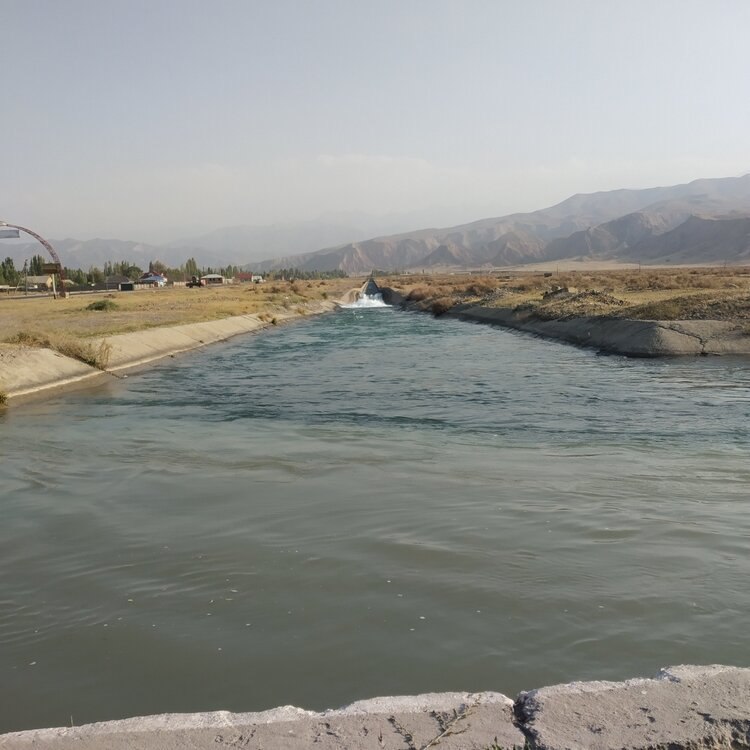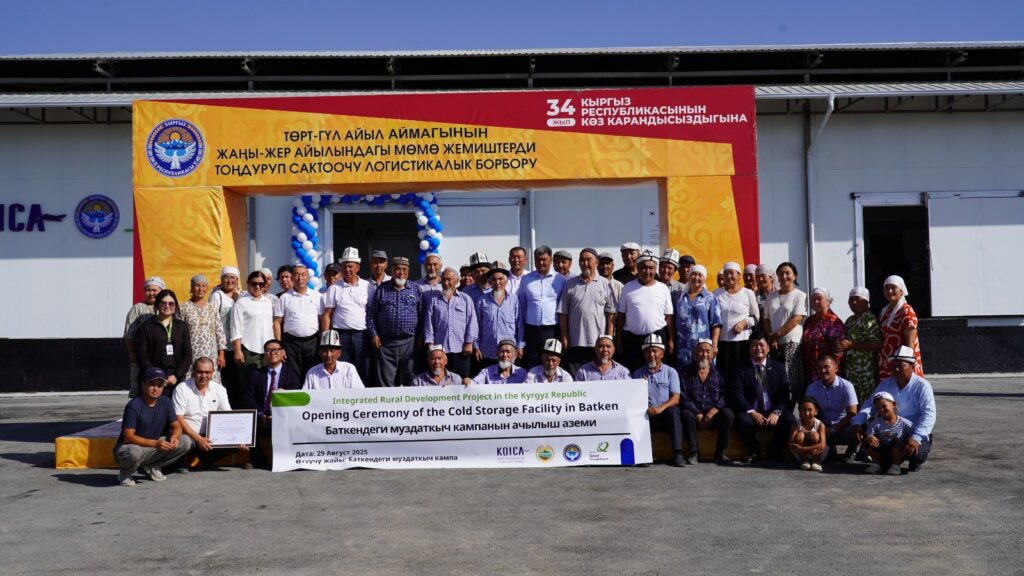ASTANA (TCA) — The European Bank for Reconstruction and Development (EBRD) is joining a strategic program to significantly upgrade irrigation systems in Kazakhstan with a US $180 million financing package. Loan agreements were signed during the Bank’s Annual Meeting in Cyprus by EBRD First Vice President, Phil Bennett, and the Minister of Economic Affairs and Budget Planning of Kazakhstan, Bakhyt Sultanov, the EBRD said on May 10.
The government of Kazakhstan is adding a $21.4 million grant from the state budget to the project, which covers the regions of Aktobe, Zhambyl and South Kazakhstan. The funds will be lent to the national water operator Kazvodkhoz.
The EBRD is also working with the authorities on a tariff reform that will help Kazvodkhoz make the new irrigation systems financially sustainable in the long term.
Kazakhstan’s arid climate and geography, which is mainly steppe and desert, mean that any rural development, including rural agriculture, is impossible without irrigation and water services. At present, water and irrigation systems in Kazakhstan are not only highly inefficient but they have been in decline since the country’s independence at the end of 1991.
Old canals lead to high levels of water loss. As a result, some areas which had previously been suitable for agriculture are affected by desertification.
Only 55 per cent of Kazakhstan’s developed areas have access to the country’s water network and two-thirds of all water is used for irrigation. Climate change is forecast to worsen this situation by altering precipitation patterns and reducing water availability in many parts of the country, especially the south.
The EBRD loan and government funds will finance new water connections and water meters, and facilitate the use of modern drip-irrigation technologies. These improvements will result in huge water-efficiency savings – at least 180 million cubic metres of water saved per year – which will make water supplies and irrigation systems more able to cope with changing climate conditions and increasing water stress. According to preliminary estimates, such water access can help create up to 40,000 rural jobs across Kazakhstan.
Phil Bennett said during the loan signing: “Green and resilient are two of the qualities of a modern economy, according to the EBRD’s new transition concept. Providing sustainable and climate-resilient irrigation to rural areas in Kazakhstan will allow some of those places quite literally to blossom and create tens of thousands of jobs, including in small and medium-sized businesses. I am proud that we are involved in this vitally important programme with both our financial and policy engagement.”
Minister Sultanov commented that the project will increase the efficiency of irrigation systems, which will improve the quality and supply of water for irrigation in the Aktobe, Zhambyl and Southern Kazakhstan regions. This will benefit the social and economic situation in those regions, he said.
The EBRD is one of Kazakhstan’s international partners who support the strategy to modernise irrigation systems in the vast but sparsely populated country. In 2016 the Islamic Development Bank signed a loan for US$ 160 million and the World Bank signed a loan of US$ 103 million in 2013 for irrigation projects which also cover the Almaty and Kyzylorda regions.
